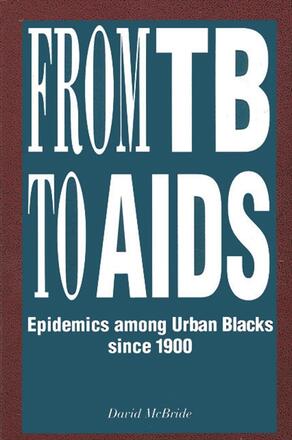
From TB to AIDS
Epidemics among Urban Blacks since 1900
Alternative formats available from:
David McBride is Professor of African-American History and Head of the African and African-American Studies Department at Pennsylvania State University. He is the author of Integrating the City of Medicine: Blacks in Philadelphia Health Care, 1910-1965.
Reviews
"There are three things which stand out about this book: first is its breadth — this book is noteworthy as the first major attempt to write a comprehensive social history of twentieth-century American medicine and public health as they relate to the African American community. Second is the author's extensive use of previously untapped documents and archives. Finally, the book is rich in detail.
"Without doubt this book will be one of the most talked-about books of the 1990s. The author's dual thesis is a direct challenge to traditional interpretations of American medicine, public health, and the African American health experience. It demonstrates convincingly that the current AIDS crisis in the African American community is symptomatic of much broader and more serious systemic problems in American medical science, medicine, and the nation's health care delivery system. And although the author may not realize it, his book serves as a case study of Thomas Kuhn's Structure of Scientific Revolutions, as it applies to the medical science community. " — Monroe H. Little, Indiana University, Indianapolis